by Lillian Watson | Oct 19, 2021 | Events, Webinars
Montana has a robust network of USGS stream gages funded by many different local groups and managed for many different needs. Hear from the Montana Department of Natural Resources and Conservation about an innovative Story Map they created to promote public awareness of the role stream gages play in managing Montana’s water resources.
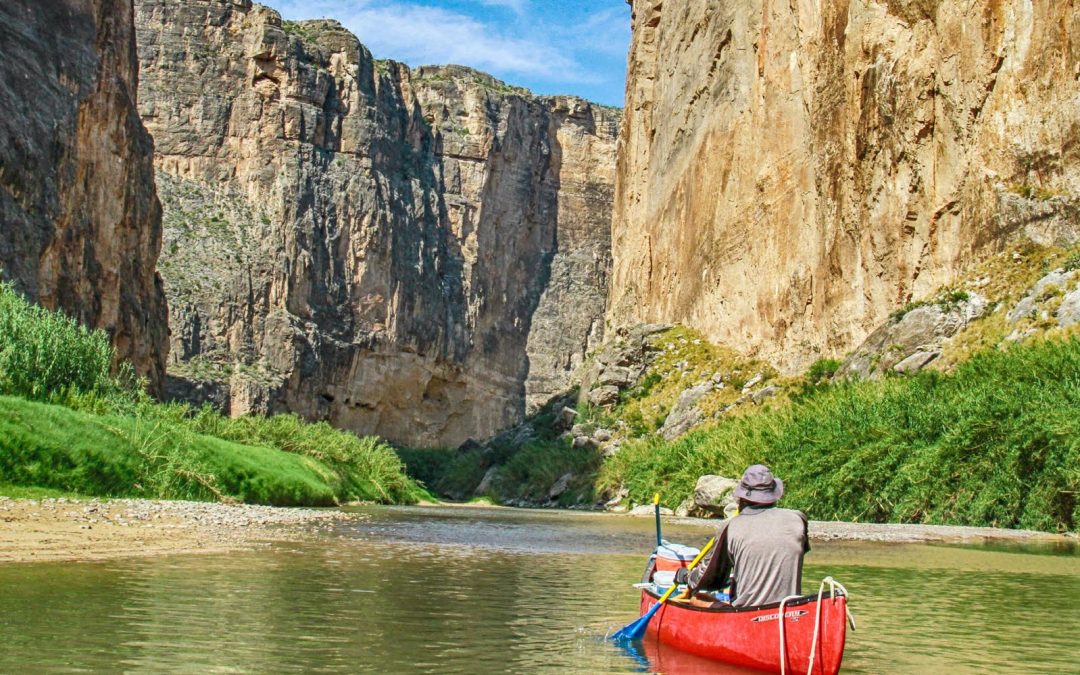
by Ashley Ward | Sep 24, 2021 | Blog
What exactly is a water data hub? What should it be? With no roadmap or guidebook to follow, how do you design a hub? What sort of catalyst is needed to really get the ball rolling and build momentum? In Texas, the answer to the last question is steady effort over a number of years followed by a massive hurricane.
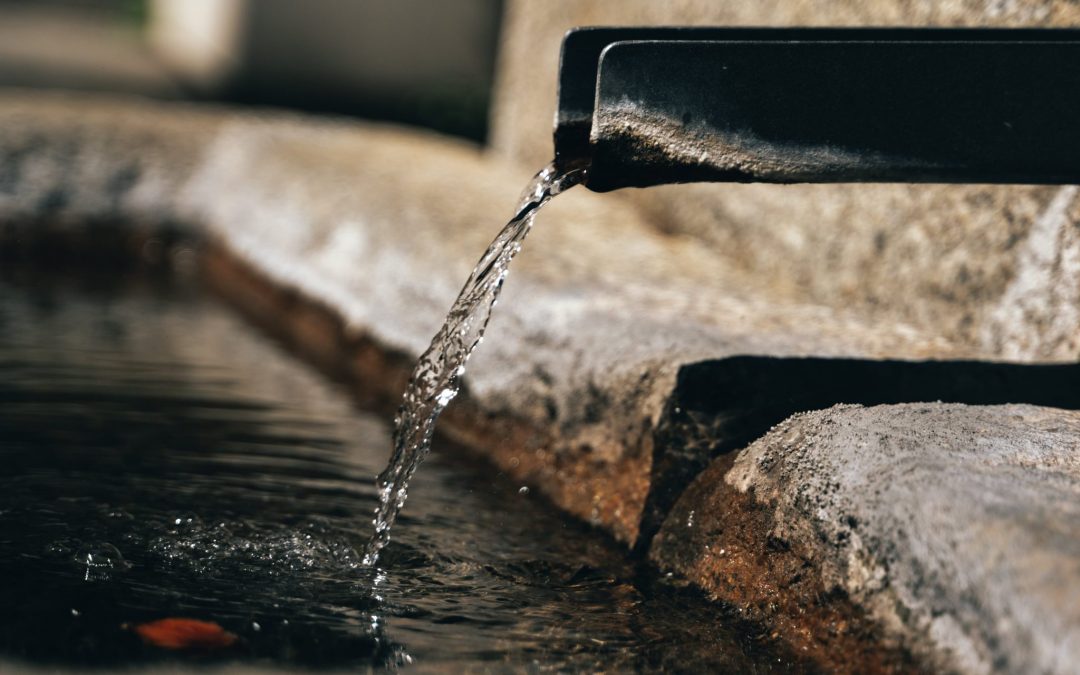
by Ashley Ward | Sep 24, 2021 | Blog, Data Stories, Improved Decision-Making, Innovation, Time Savings
As we work to create an internet of water – a world with more accessible, discoverable, and interoperable water data – we like to highlight the organizations who are contributing to this vision and explore the benefits they provide to water management and other sectors. The Groundwater Protection Council has been improving groundwater and energy data since 1983 and leverages that data to enable environmental protection and increased water availability. The resources they provide to state oil and gas agencies are essential to coordinating regional approaches in the energy-water nexus.
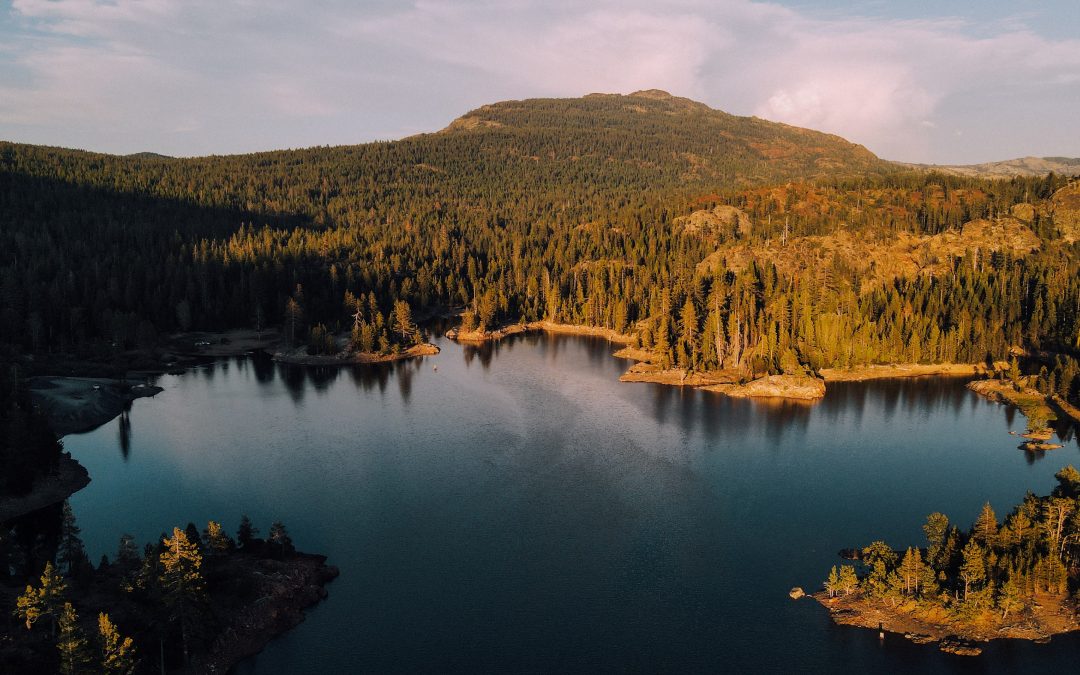
by Ashley Ward | Sep 2, 2021 | Blog
Freshwater harmful algal bloom (FHAB) season is here. In lakes, ponds, rivers, and streams across the country tiny microorganisms are reproducing in mass. Spurred on by the heat and high concentrations of nutrients, blue-green algae form a thick green scum on the surface of water bodies. This scum is not only foul-smelling, it’s also dangerous.
by Ashley Ward | Aug 26, 2021 | Events, Webinars
Over the past two years, the Internet of Water and The Commons have been collaborating with Native American tribal governments, leading community science NGOs, California’s Water Control Boards, members of the California Office of Environmental Health Hazard and Assessment, and the Water Data Collaborative to enable state agencies to leverage monitoring data to better inform the public about local freshwater algal blooms. Hear from a panel of project leaders about implementing all aspects of the project – tiered data management, database alignment, API development, software training, stakeholder engagement, and more.
by Ashley Ward | Aug 26, 2021 | Events, Webinars
The Commons is partnering with the Shenandoah Riverkeeper to help enact the Shenandoah Watershed Compact, a shared vision for a clean, healthy river. Learn about how they are developing a watershed map with real-time monitoring data to support water quality advocacy with state environmental agencies.
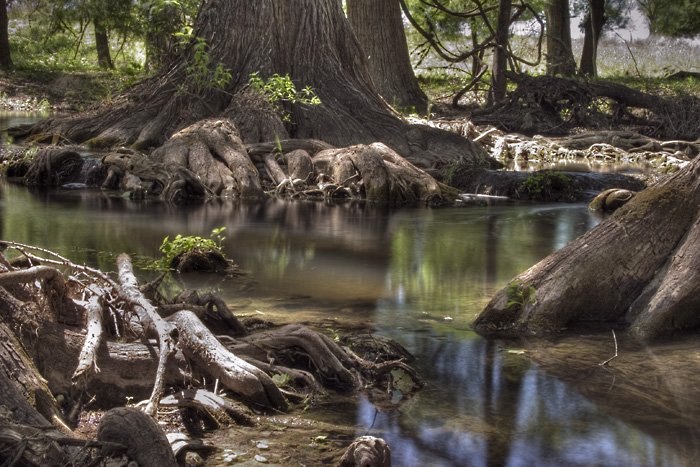
by Ashley Ward | Jul 22, 2021 | Blog
In this blog, we discuss the importance of and need for cities to modernize water data. Using stakeholder engagement to incorporate local knowledge, the partners in this project in Boerne, TX, gained important perspectives, ideas, and approaches to inform the creation of the Internet of Water’s first municipal water data hub.
by Ashley Ward | Jul 7, 2021 | Events, Webinars
This webinar introduces SensorThings API, an open standard for data providers to publish interoperable data, and data users to build workflows and applications built on standard interfaces applicable across all implementing data providers. You will learn about how to use the API to get data, including from several example data providers. You will also learn how to set up your own.
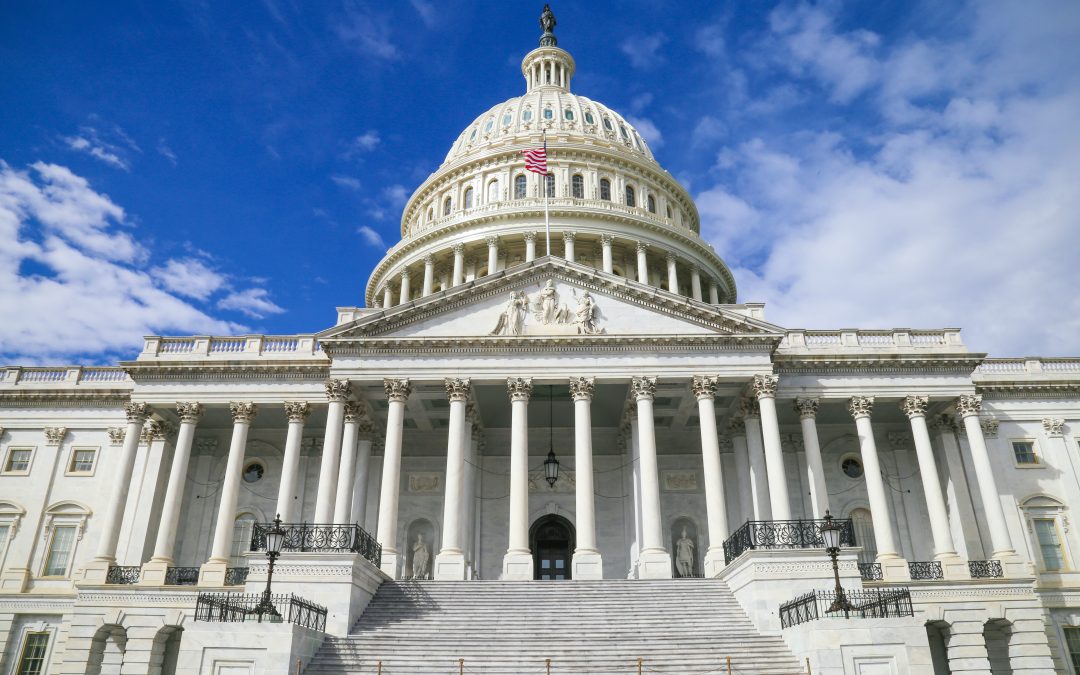
by Ashley Ward | Jun 28, 2021 | Blog
Water data have an enormous potential to enhance sustainability, improve management, and inform decision-making when they are freely available and easily accessible. “Open data”, as it’s called, is especially useful when it is consolidated in a single, open platform or data hub from which data can easily be searched, downloaded, republished, and otherwise utilized as needed.
by Ashley Ward | Apr 30, 2021 | Events, Webinars
Community Science groups collect a wealth of data on water quality that can be leveraged to improve management of water resources. John Dawes, executive director of The Commons, will present the Water Reporter app, which provides local monitoring programs with streamlined data management, visualization, and export capabilities to official databases.
by Ashley Ward | Apr 30, 2021 | Events, Webinars
Extracting water data from large databases is too often overly complicated and burdensome. The North Carolina State Climate Office’s new extraction and visualization tools – Station Scout and Cardinal – make weather data extraction and exploration easier than ever before. Assistant State Climatologist, Corey Davis, will present these new tools and discuss the process that went into their development.
by Ashley Ward | Apr 30, 2021 | Events, Webinars
Linking data to the wider hydrographic network is a key component of making water data more discoverable and more easily accessible. Dave Blodgett, a hydro informatics specialist at USGS, will describe how the Hydro Network-Linked Data Index (NLDI) connects data to the National Hydrography Dataset so that relationships between single monitoring locations and the broader water world can be revealed.
by Ashley Ward | Apr 30, 2021 | Events, Webinars
Sharing water data will enable us to more sustainably manage our most precious resource. Adel Abdallah and Ryan James of the Western States Water Council will present on the Water Data Exchange (WaDE) project, a framework and interactive dashboard for member states to share important water supply, water use, and water administration datasets.
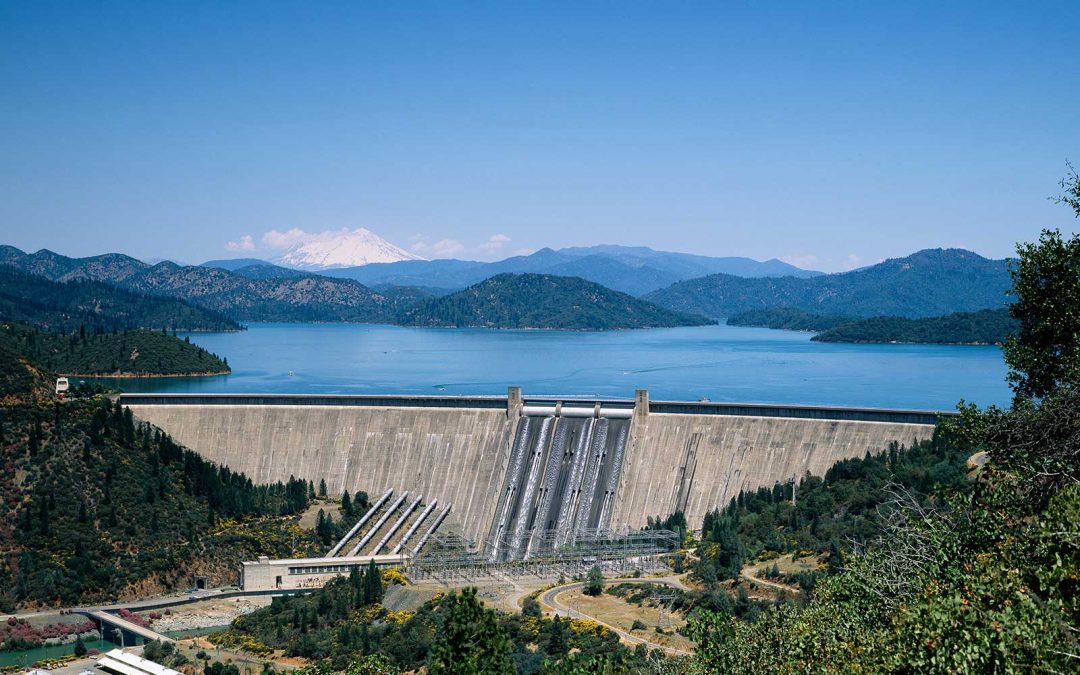
by Ashley Ward | Mar 26, 2021 | Blog
Cassidy White discusses data fragmentation and the challenges it creates for modern water management, and lays out 7 key benefits to data integration. “Seemingly everywhere and nowhere at once, water data may be widespread but is often difficult to find or is completely inaccessible…”
by Ashley Ward | Mar 8, 2021 | Events, Webinars
As we learn more about the potential of wastewater surveillance for early warning of COVID, many states are grappling with how to transform their current water data infrastructure to ensure effective and efficient data management around wastewater surveillance. This webinar will feature a presentation on the CDC’s DCIPHER system as well as a panel with participants from Wisconsin, California, the CDC, and the Internet of Water.
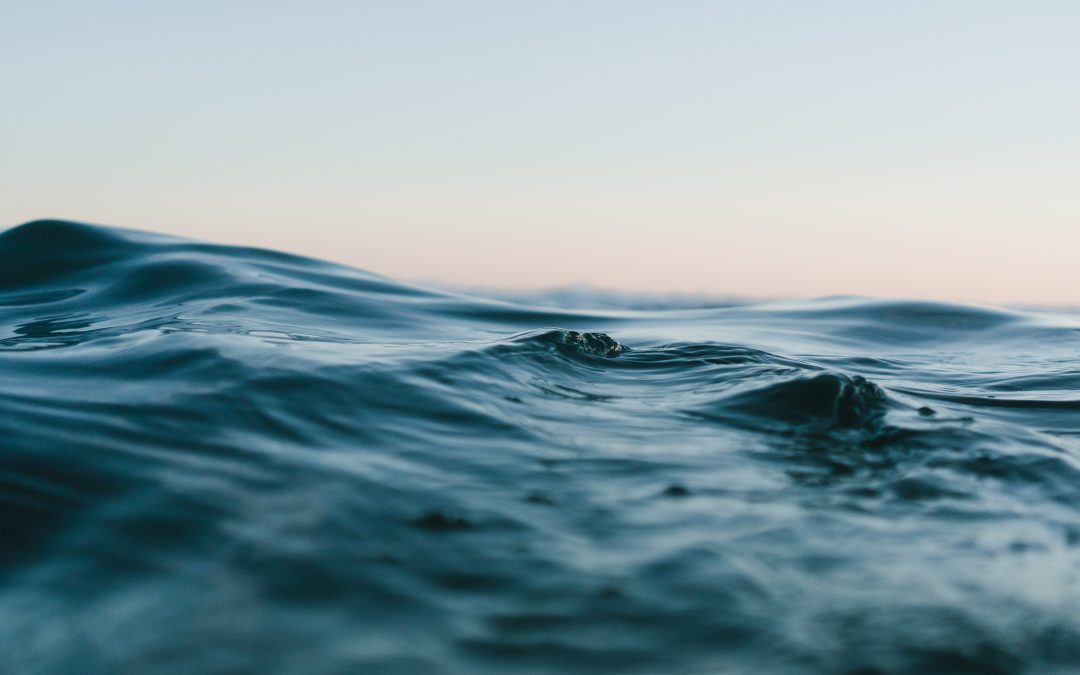
by Ashley Ward | Feb 24, 2021 | Blog
With access to the water data they need, water leaders and decision-makers can implement sustainability measures and improved management strategies to ensure water is available to meet the needs of a changing and growing society.







